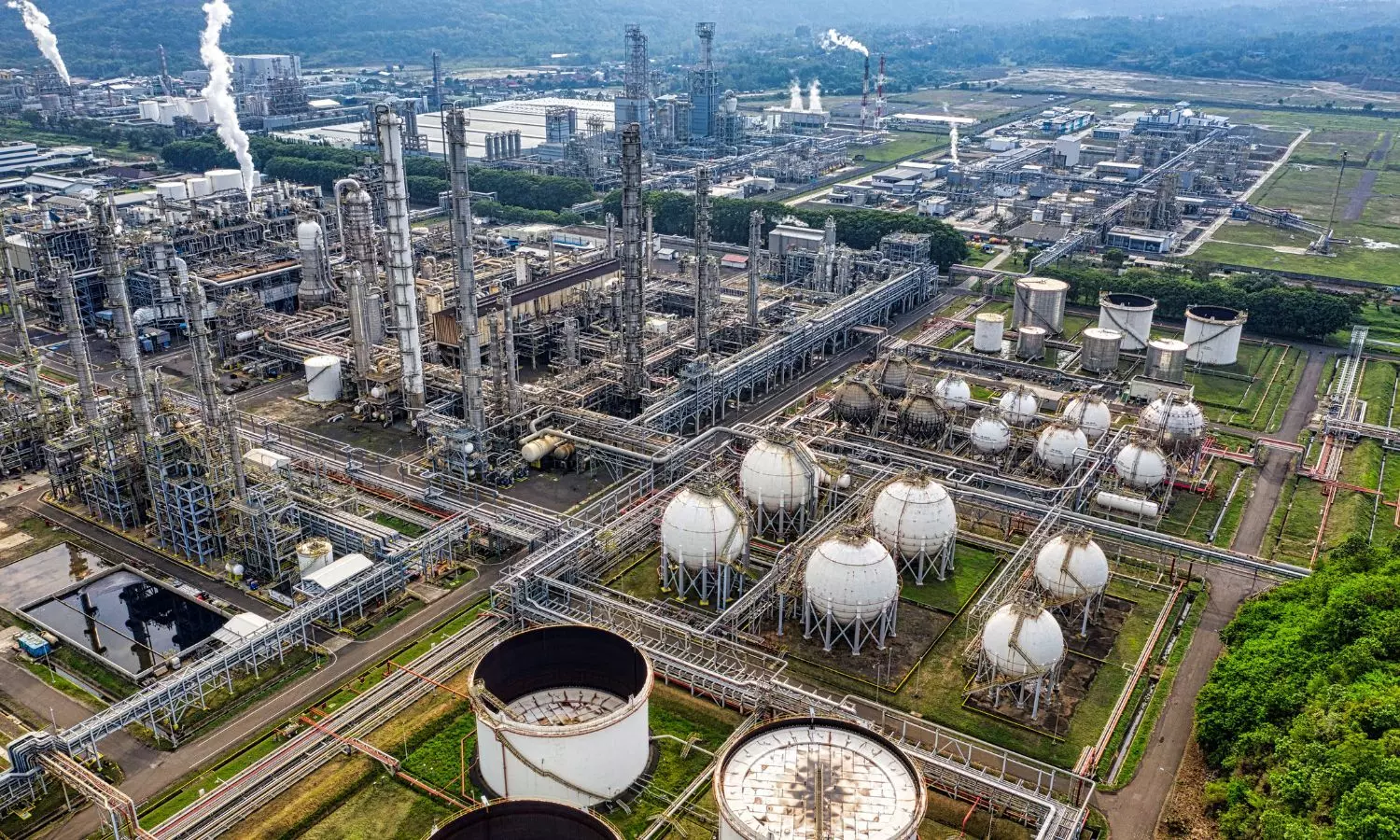NIT Rourkela Researchers Develop New Biofilm Technology to Clean Industrial Oil Spills

New Delhi: Researchers at the National Institute of Technology (NIT) Rourkela have developed an innovative bacterial biofilm technology capable of breaking down phenanthrene—a harmful pollutant found in industrial chemical waste and oil spills. This new method shows promise in significantly reducing environmental damage caused by toxic hydrocarbons.
Phenanthrene is a type of polycyclic aromatic hydrocarbon (PAH), a group of hazardous organic compounds that can contaminate soil and water. These pollutants are commonly released into the environment through fossil fuel combustion, industrial activities, and oil spills. Traditionally, removing PAHs requires chemical treatments or soil excavation, which are both expensive and can create secondary pollution.
The newly developed biofilm offers a sustainable alternative. It consists of microbial cells embedded in a protective, gel-like substance known as an extracellular polymeric matrix. This matrix enhances the microbes' ability to break down harmful chemicals. In laboratory tests, the biofilm achieved 95% degradation of phenanthrene within just five days.
According to Dr. Kumari Uma Mahto, a research graduate at NIT Rourkela, the biofilm technology is not only environmentally friendly but also cost-effective. “It can be especially useful in mitigating the impact of industrial oil spills and is well-suited for areas with high industrial activity and limited pollution control,” she said.
The biofilm was cultivated using Luria Bertani broth, a nutrient-rich medium commonly used in microbiology. Its structure supports higher microbial density and longer cell viability, which contributes to faster and more efficient breakdown of pollutants.
Professor Surajit Das from the Department of Life Science at NIT Rourkela added that the biofilm can be easily integrated into existing biofilm reactors already in use at municipal and industrial wastewater treatment plants. This makes it a practical solution for treating hydrocarbon-based pollutants.
The research team believes their patented technology also opens doors for collaboration with the petrochemical industry to support more sustainable pollution management. The biofilm’s protective layer of extracellular polymeric substances (EPS) helps it absorb toxic molecules while shielding the microbes, enhancing the overall efficiency of the biodegradation process.
This development highlights the potential of biofilm-based systems to improve the treatment of persistent organic pollutants in water and soil environments.


